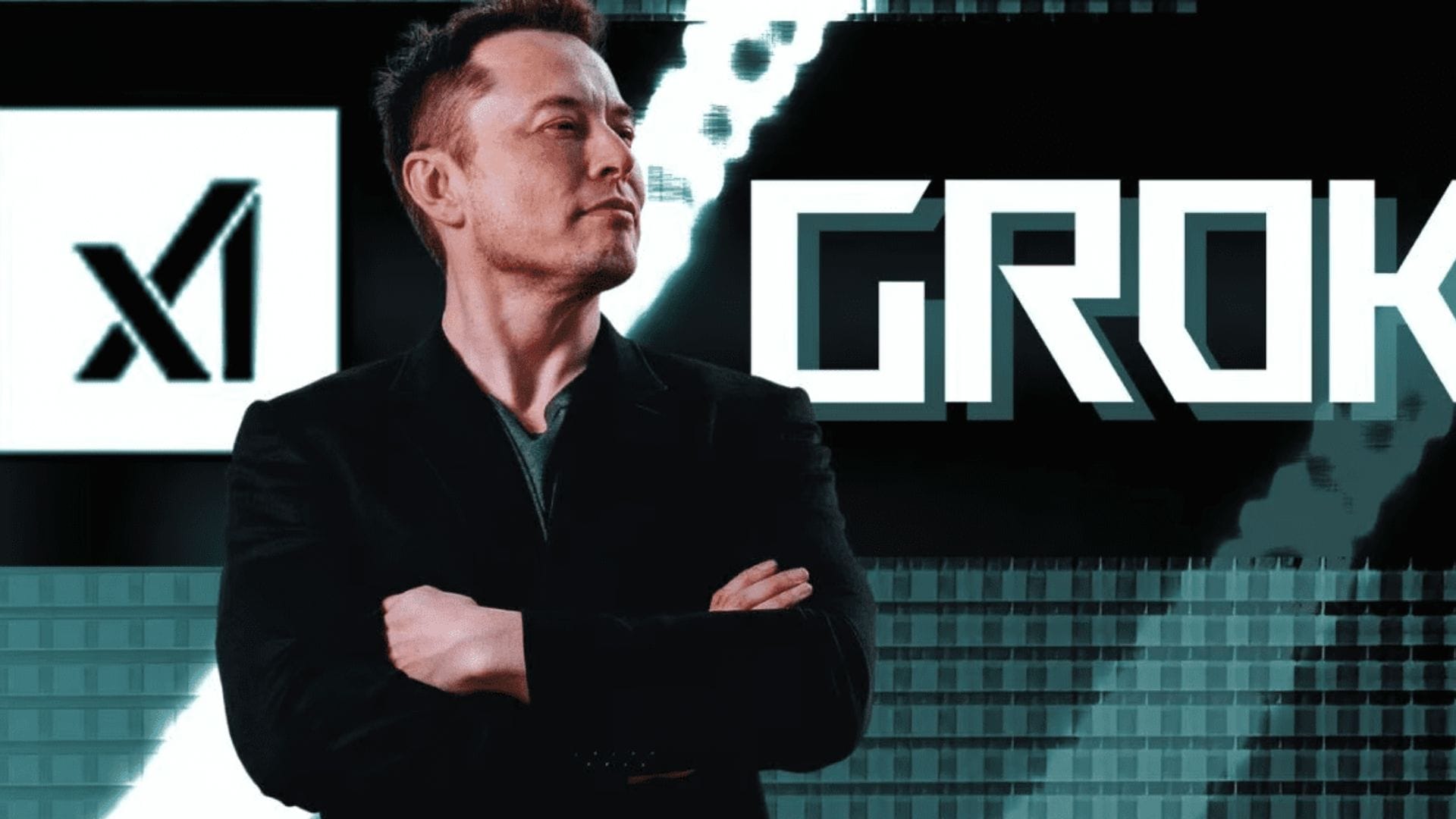Elon Musk’s xAI unveils Grok 3, its most advanced AI model yet
xAI, Elon Musk’s AI company, has launched Grok 3, its latest AI model. It features improved reasoning, new research tools, and expanded subscription plans.

Elon Musk’s artificial intelligence company, xAI, has launched its latest flagship AI model, Grok 3. The announcement, made late on Monday, also introduced new capabilities for the Grok iOS and web apps, making the AI more powerful and accessible.
Table Of Content
A new contender in AI
Cool!
— Elon Musk (@elonmusk) January 4, 2025
And Grok 3 is coming soon. Pretraining is now complete with 10X more compute than Grok 2. https://t.co/54j81EEOF5
Grok is xAI’s response to other leading AI models, such as OpenAI’s GPT-4o and Google’s Gemini. It can analyse images, answer complex questions, and is deeply integrated into Musk’s social network, X.
Grok 3 has been developing for several months and was initially expected to launch in 2024. However, delays pushed its release back, making Monday’s announcement a significant moment for xAI.
To develop Grok 3, xAI used a vast data centre in Memphis with around 200,000 GPUs. Musk claims that Grok 3 was trained with ten times more computing power than its predecessor, Grok 2, using an expanded dataset that includes court case filings and additional information sources.
“Grok 3 is an order of magnitude more capable than Grok 2,” Musk stated during a live-streamed presentation. “It is a maximally truth-seeking AI, even when that truth is sometimes at odds with what is politically correct.”
Improved reasoning and new features
Grok 3 is not a single model but a family of models. A smaller version, Grok 3 Mini, provides faster responses but sacrifices some accuracy. Some features of Grok 3 are still in beta, but xAI has begun rolling them out.
According to xAI, Grok 3 outperforms GPT-4o on key benchmarks, including AIME (which evaluates AI performance on math problems) and GPQA (which tests models with PhD-level science questions). Early tests also show that Grok 3 ranks competitively in Chatbot Arena, a crowdsourced platform where users compare AI model responses.
Two models within the Grok 3 family, Grok 3 Reasoning and Grok 3 Mini Reasoning, are designed for more complex problem-solving. These models aim to fact-check themselves before responding, reducing errors in their answers. This approach resembles other reasoning models like OpenAI’s o3-mini and DeepSeek’s R1.
xAI claims that Grok 3 Reasoning surpasses OpenAI’s o3-mini-high in several benchmarks, including the latest AIME 2025 mathematics test. These reasoning models are available through the Grok app, where users can activate a “Think” mode for deeper analysis or use “Big Brain” mode for high-level reasoning, which requires extra computing power.
To prevent its technology from being copied, xAI has hidden parts of the reasoning models’ thought processes in the Grok app. This measure is intended to stop distillation—a technique where rival AI developers extract knowledge from existing models. DeepSeek, a Chinese AI company, was recently accused of using this method to build its own models.
Subscription and availability
The latest Grok updates include DeepSearch, a new feature designed for AI-driven research. DeepSearch scans the internet and X to summarise information and provide detailed insights. This feature positions Grok 3 as a competitor to OpenAI’s deep research tools.
Grok 3 is initially available to X’s Premium+ subscribers, who pay US$50 monthly. Additionally, xAI is launching a new subscription tier called SuperGrok. Priced at US$30 per month or US$300 per year (according to leaks), SuperGrok offers more reasoning queries, access to DeepSearch, and unlimited AI-generated images.
With the launch of Grok 3, xAI is pushing forward in the AI race, competing with industry leaders by offering advanced reasoning capabilities and new research tools. As AI continues to evolve, Grok 3 marks a significant step in Musk’s vision of creating a truth-seeking artificial intelligence.
















